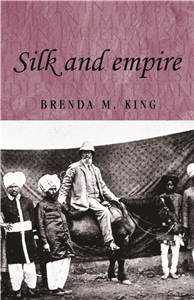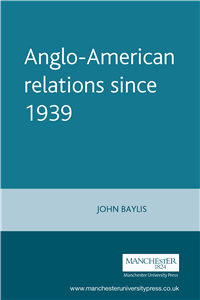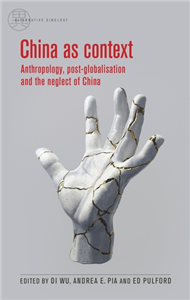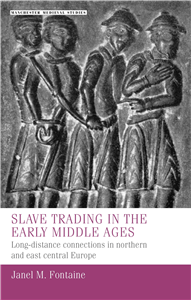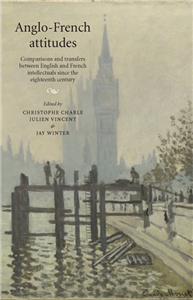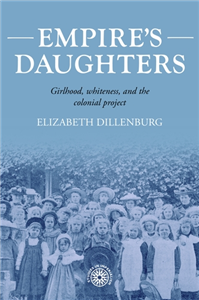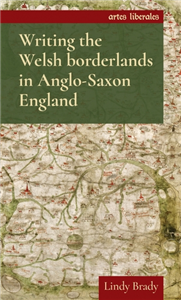Humanities & Social Sciences
September 2014
Comparisons and transfers between English and French intellectuals since the eighteenth century
This collection of essays looks at cultural transfers and comparisons between English and French intellectuals. The contributions, which have been written by scholars from a variety of disciplines, address a broad range of issues, including the international circulation of economic, political and literary ideas, the translation and reception of authors in various contexts, and the contest for 'Englishness' or 'Frenchness' both at home and abroad. The Anglo-French relationship is used here as an entry into the conflicting demands that intellectual life should be trans-national and cosmopolitan, and that intellectuals should be the representatives of the national mind. The conversations, disputes and silences between English and French intellectuals were once believed to be at the centre of the international republic of letters. By the end of the nineteenth century, however, the rise of new cultural powers re-shaped Anglo-French intellectual attitudes.
Anglo-French attitudes will be read by scholars working in the areas of cultural history, intellectual history, gender studies, the social history of intellectuals, history of science, and literature. ;





